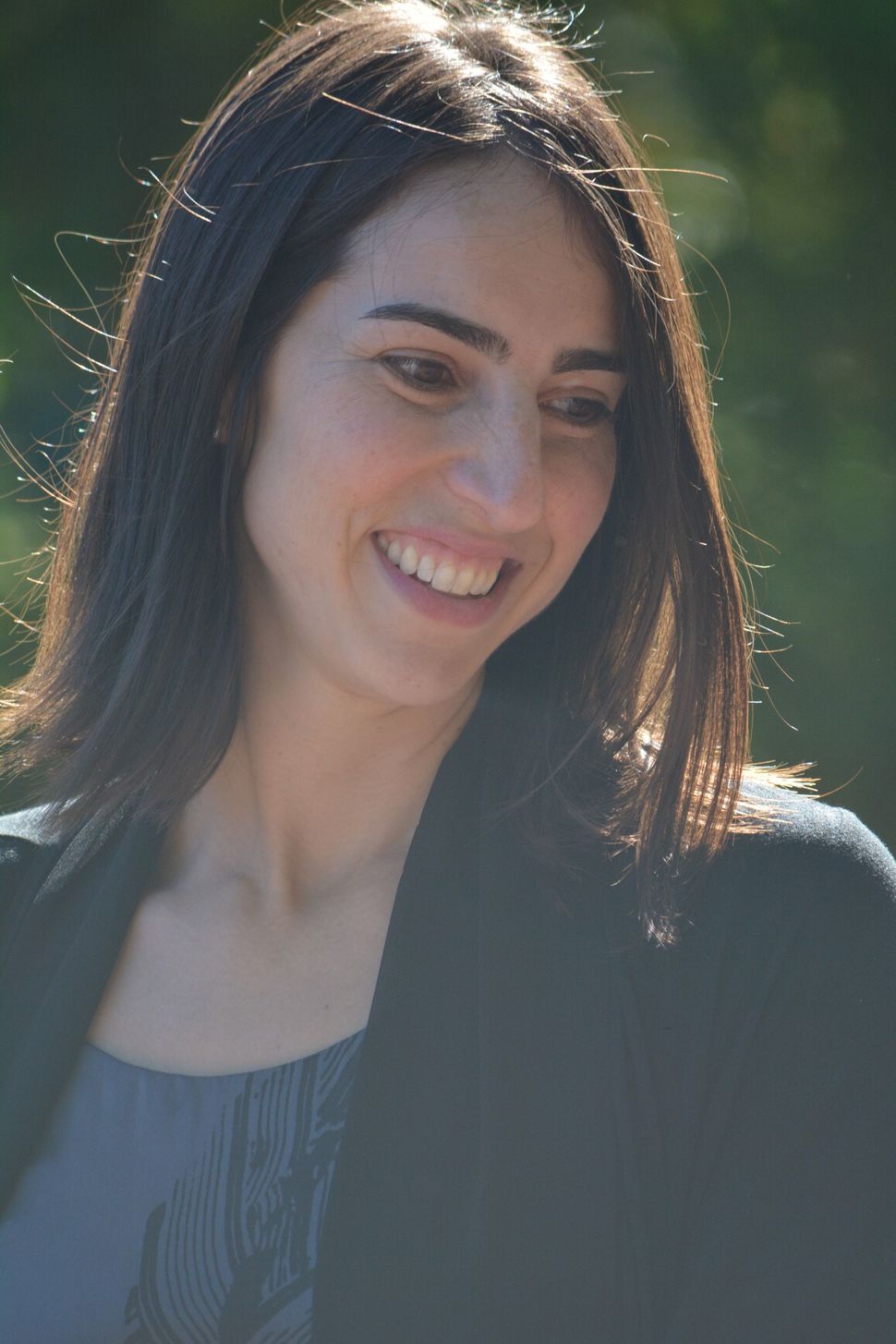How to reintegrate after social distancing, from someone who did it 23 times

Arielle Poleg Image by Courtesy of Arielle Poleg
Social distancing is unusual. For most people, not seeing friends, chatting with colleagues, or encountering strangers at restaurants is oddly uncomfortable.
For me, social isolation is strangely familiar. I’ve endured it 23 times before.
At 13, I was a perfectly healthy kid who came home from summer camp and abruptly fell sick with a rare sleeping sickness that kept me bedridden for weeks to months at a time. I slept for up to 23 hours a day; sometimes my parents could barely wake me up to drink a glass of water. Speaking was a monumental challenge and taking a shower required a herculean effort. I frequently was disoriented and felt like things around me weren’t real.

Arielle Poleg Image by Courtesy of Arielle Poleg
Then, after a few weeks or months, the symptoms would disappear. I’d get better, go back to school, reconnect with friends and community, and go about my life. But a few months later, I would get sick all over again. This cycle lasted for more than 12 years.
As a public service during this pandemic, the Forward is providing free, unlimited access to all coronavirus articles. If you’d like to support our independent Jewish journalism, click here.
I suffered 23 episodes of an illness called Kleine-Levin Syndrome (KLS). One day, about seven months into a very long episode, my father brought me, in bed, a cup of snow from the Boston winter to try to convey the passage of time. The days had blurred together, but when I saw the melting snow, I grasped how many days had passed in the real world while I lay in bed. My life was on pause, and I didn’t know when I would get back in the game.
KLS is an orphan disease, the rarest of the rare, which are often understudied; scientists have yet to discover a cause or a cure. But we do know that KLS is self-limiting, stopping at the end of adolescence. I suffered my last episode almost 15 years ago.
Yet the experience of retreating from public life has returned, globally, as we face social distancing and Stay at Home orders in response to Covid-19.

Image by Courtesy of Arielle Poleg
My experience with KLS prepared me for this moment. It taught me patience for situations that are uncomfortable but temporary. As suddenly as KLS descended each time, it lifted, and I was able to rejoin my community. I never knew when relief would come, but I did know it would arrive if every day I could summon the patience to bear one more day alone.
We know the current health crisis will end too. We don’t know when, but we must find the patience every day to wait until tomorrow.
Social distancing will change us as a society. We will be left with new work and shopping habits and new social behaviors. We will appreciate our friendships and support networks more, and we will understand that some of the things we used to value aren’t as critical as we thought. We might even learn to live in the unknown with less discomfort—to understand that not everything can be controlled, despite our best planning.
Having KLS as a teenager meant I never knew when my ability to talk to friends, go to school, play sports or travel would be snatched from me. I had to make the most of every opportunity to interact with the world.
And I learned how to reacclimate to seeing faces, talking to people, and navigating the public after a long time alone. After each episode, I would call friends on the phone, tell them I was better, and try to catch up on all of the gossip and experiences I had missed. Then, I would go get my eyebrows waxed to erase evidence of any resemblance to Groucho Marx. And finally, I would begin to venture out to places where I would see other humans.
I would approach the check-out counter at CVS with trepidation—would the cashier know she was the first person I had spoken to in over a year? I would go to a party for the first time with apprehension — would I miss a cultural reference and feel stupid?
Each time it felt awkward at the beginning, but the thaw came quickly, and social interactions became normal again. I found my community right where I left them—waiting with the embraces I had missed and willing to help with my reintegration into social life.
When the Covid-19 pandemic eases, none of us will face re-acclimation alone. We will be joined by a global community who have faced isolation—together. We may glance at each other warily for a day or two when it is safe to emerge. But we will quickly adjust and be grateful for the human connection and touch we grew to miss while we were alone.
Arielle is the founder of Evergreen Editorial, a boutique communications firm. She has two decades of experience as a writer, strategist and communications coach. A graduate of Dartmouth College and George Washington University’s Elliott School of International Affairs, Arielle lives in the Washington region with her husband and two children.
















